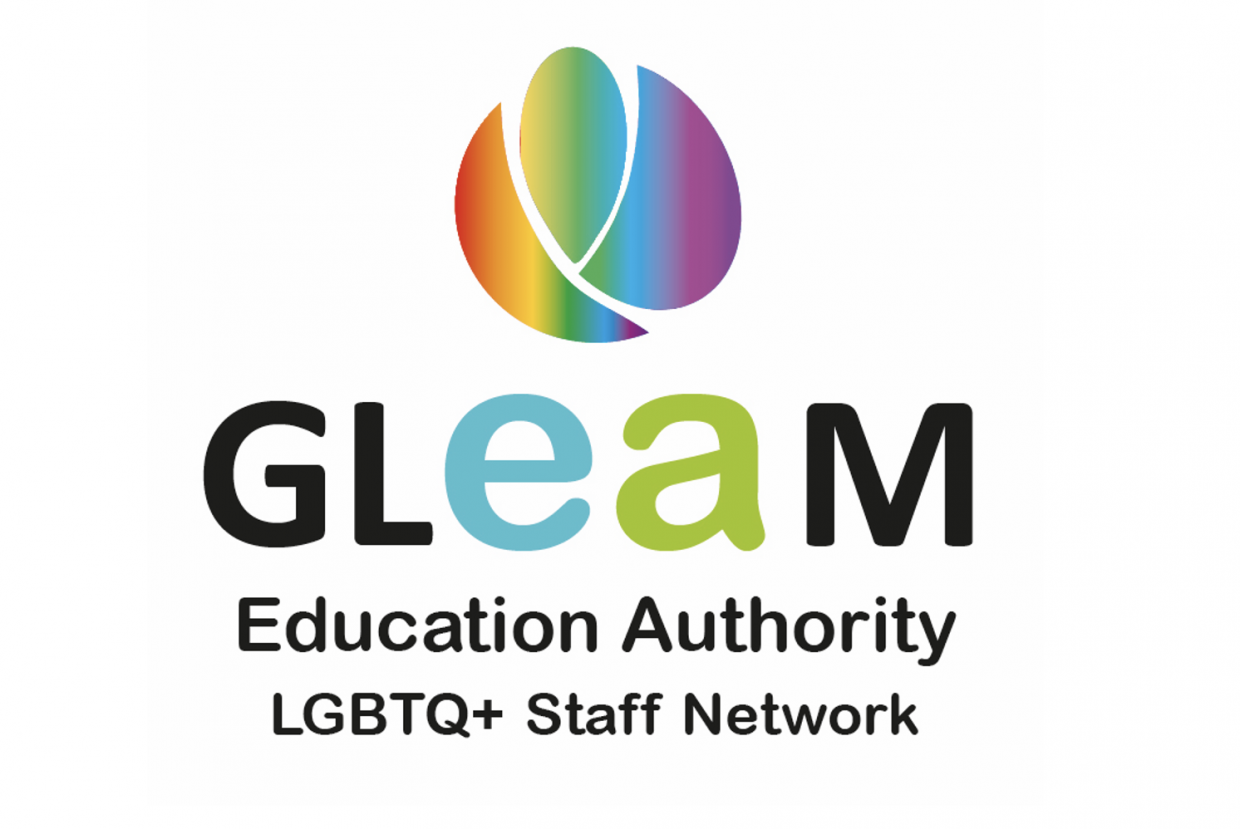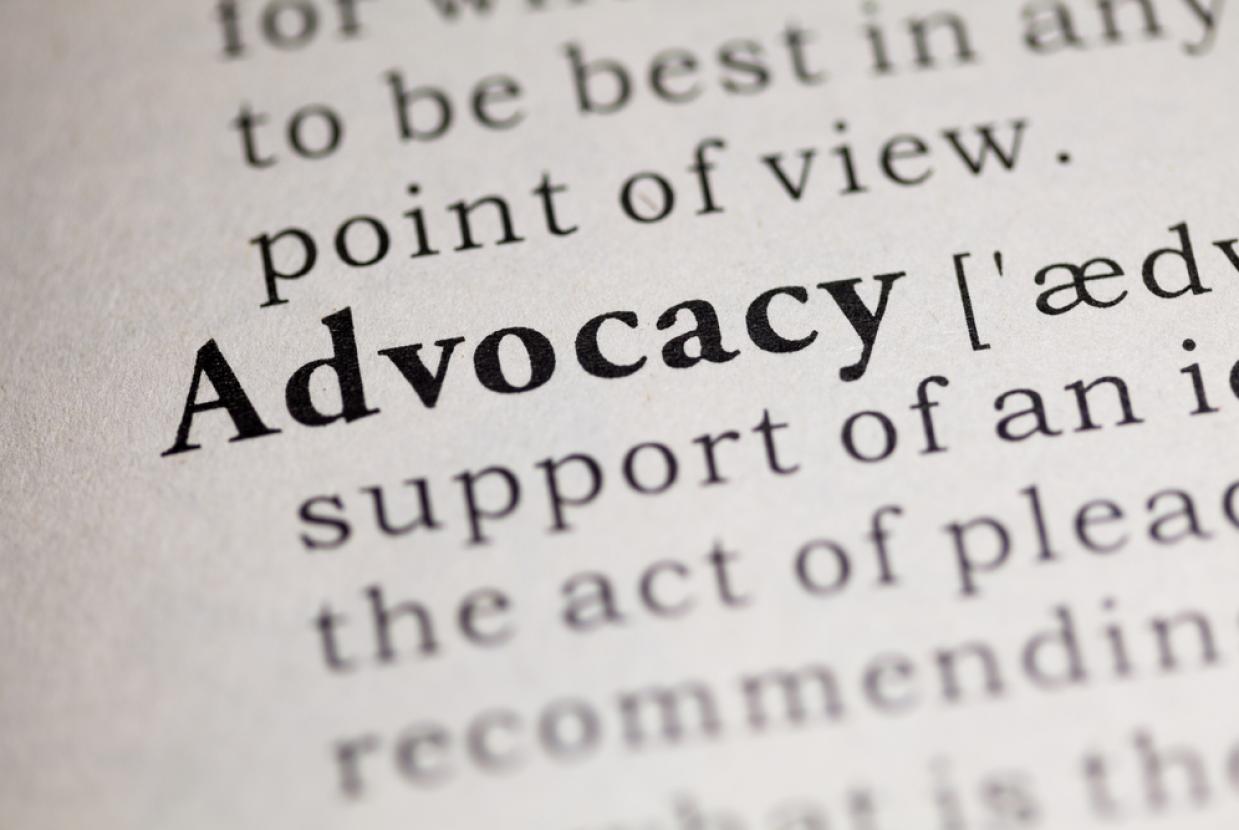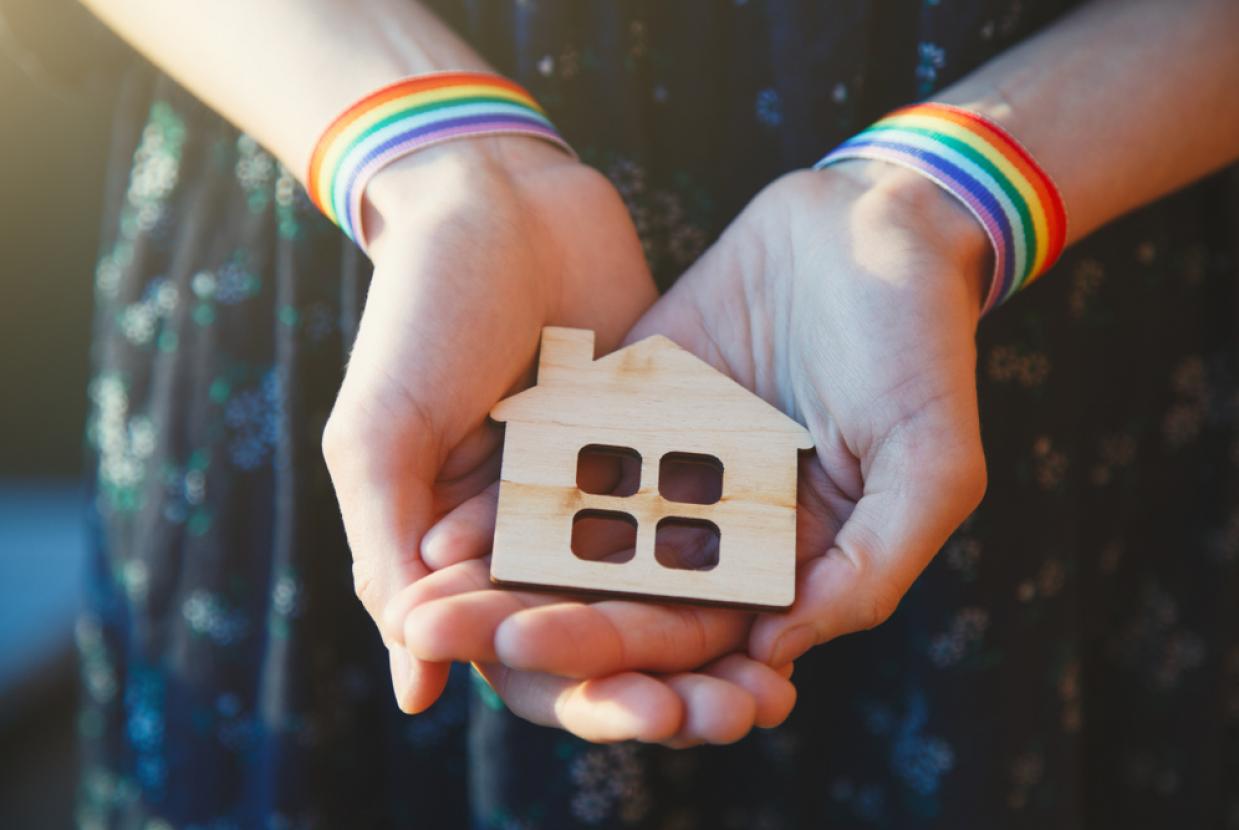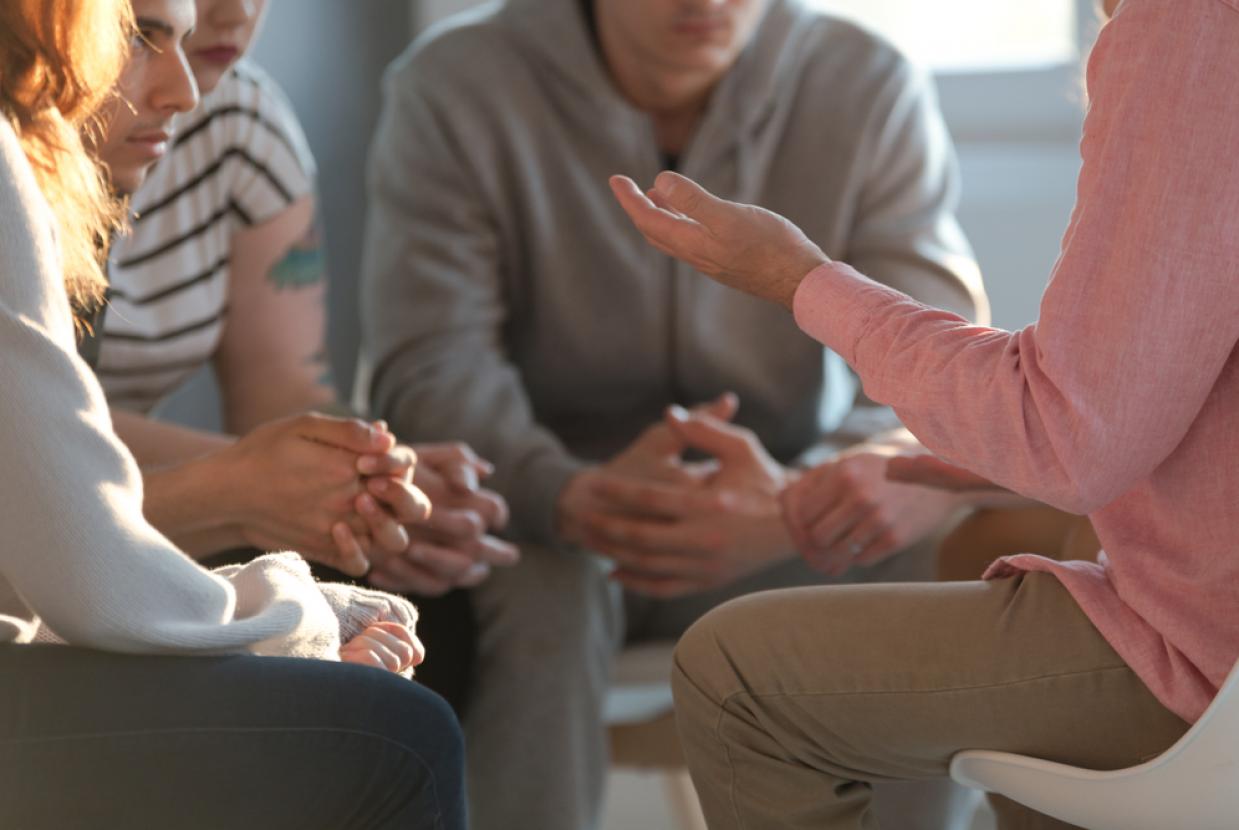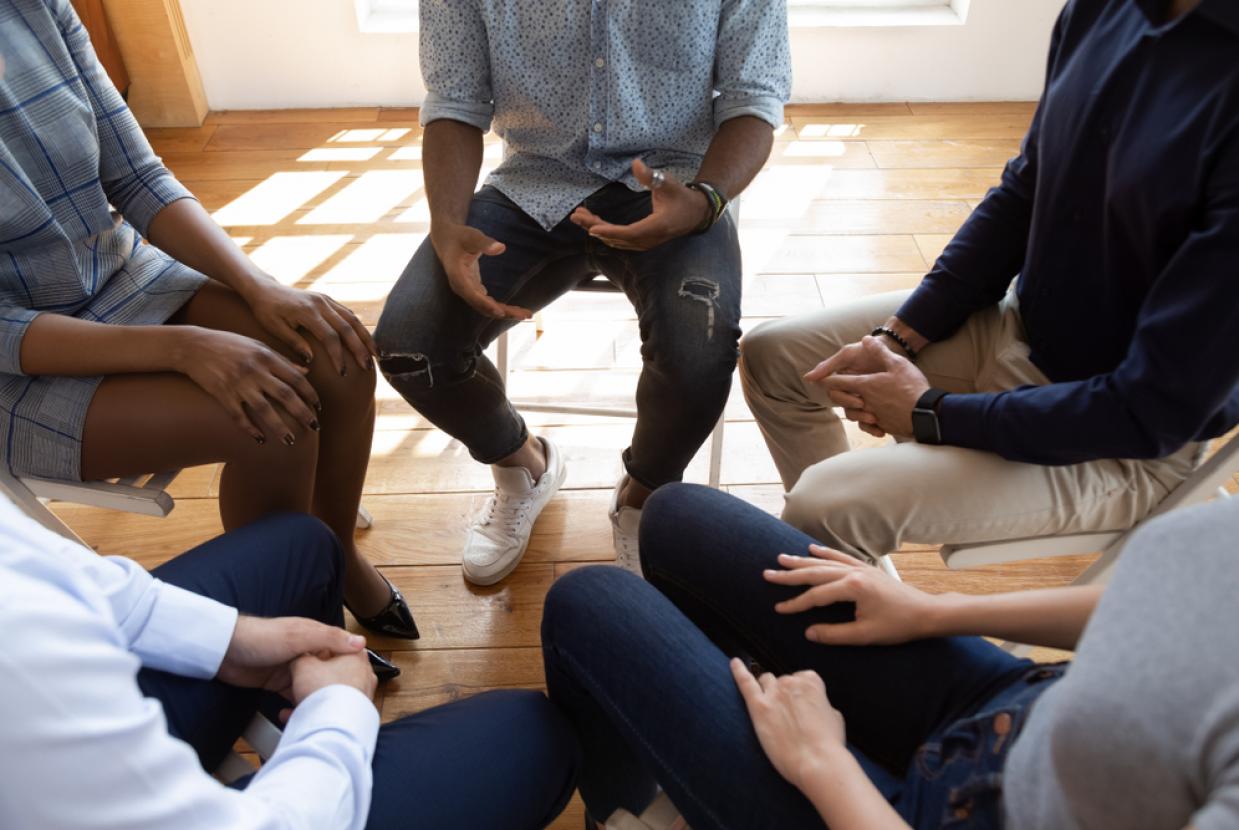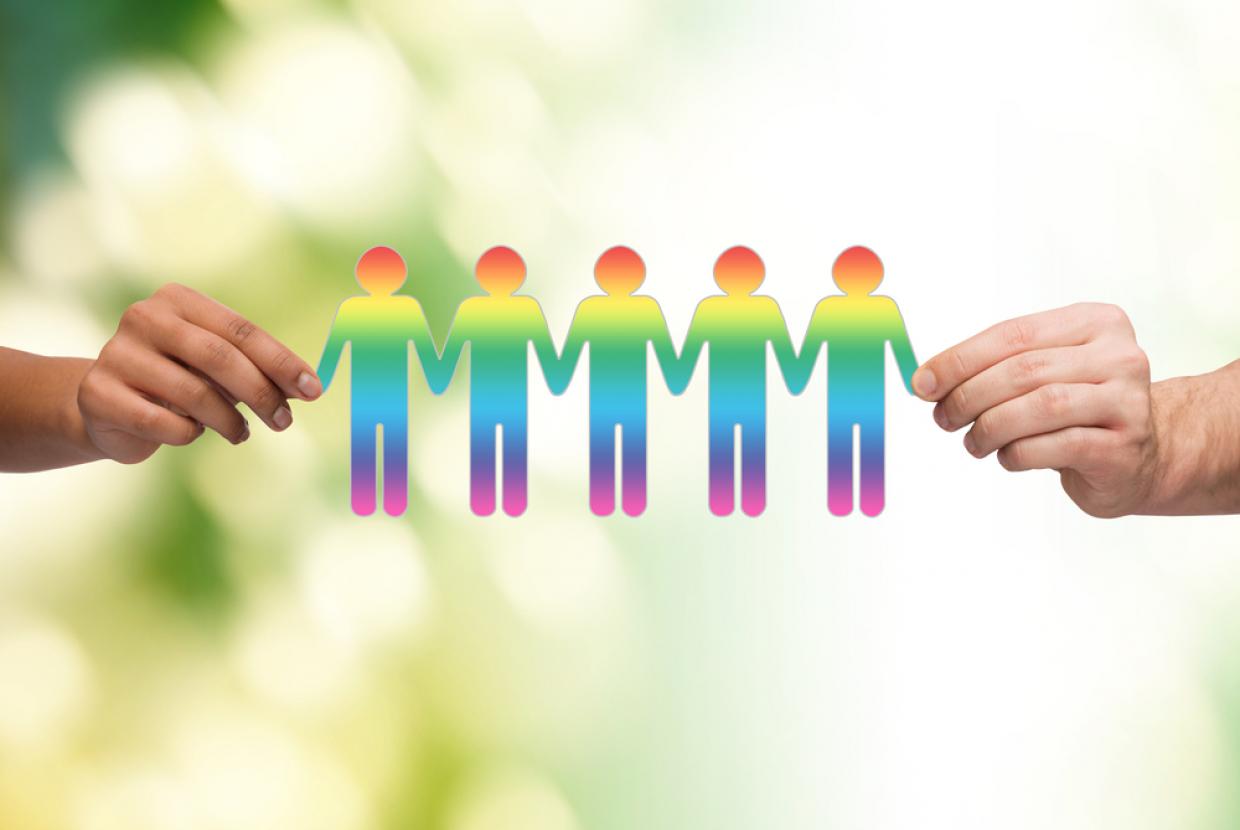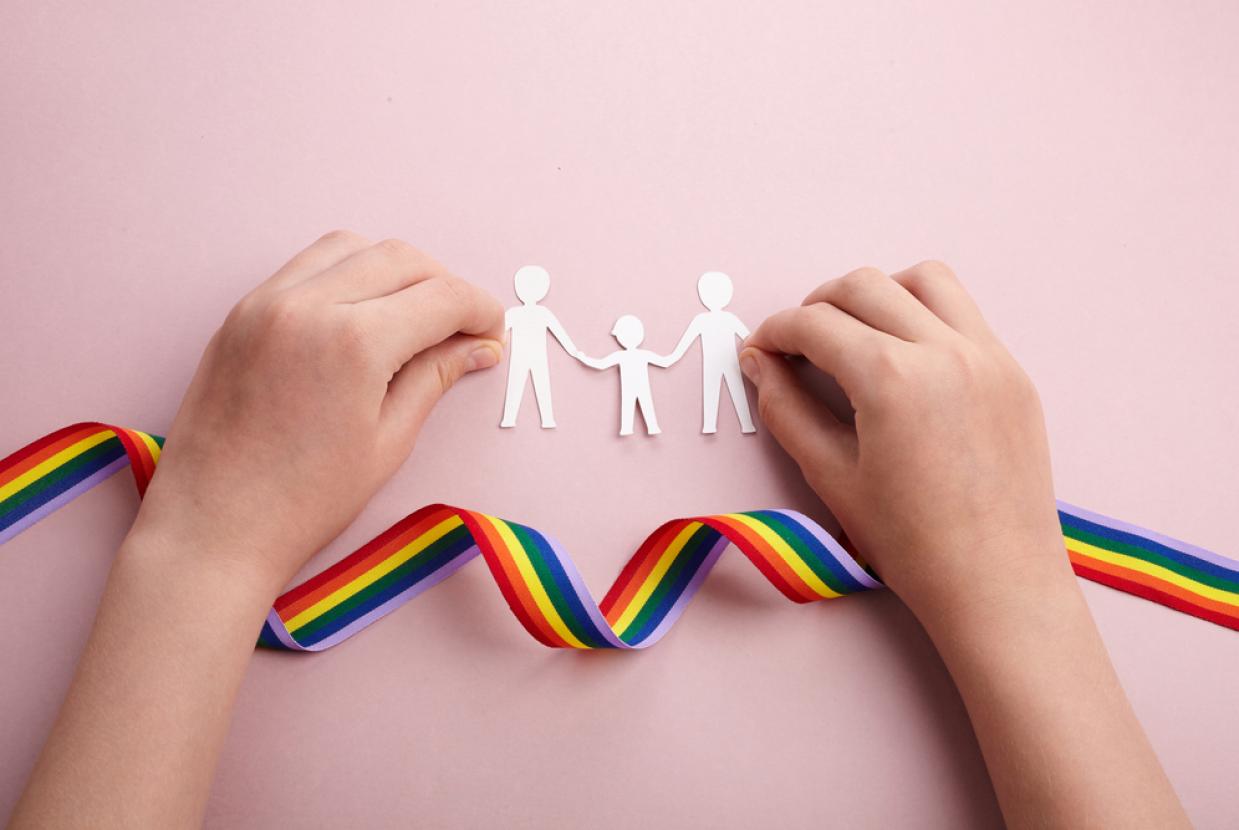Lesbian & Bisexual Women
Women who have sex with other women can pass on or get STIs. Know how to protect yourself. Women can catch STIs such as herpes, genital warts and chlamydia when exchanging bodily fluids.
Any one-on-one contact, such as oral sex or using the same hand when touching yourself and then your partner, can put you at risk. If 2 women are both menstruating they are at a higher risk, too.
Tips for safer sex between women
Avoid oral sex if either of you has any cuts or sores in the mouth or on the lips, or use a dental dam. A dental dam is a latex or polyurethane (very thin, soft plastic) square, of about 15cm by 15cm, which you can use to cover the anus or female genitals during oral sex. It acts as a barrier to help prevent sexually transmitted infections passing from one person to another.
Some infections can be transmitted by hands, fingers and mutual vulval rubbing. Wash your hands before and after sex. Wear latex gloves and use plenty of water-based lubricant.
Tips for bisexual women on safer sex with men
If you have vaginal, anal or oral sex with a man, use a condom. When used correctly, condoms protect against unintended pregnancy and STIs. In addition to using condoms, find out about the form of contraception that suits you best.
If you think you could be at risk of unintended pregnancy, you have the option of using emergency contraception (the "morning after" pill or an IUD).
The emergency pill is available from some pharmacies, GPs, contraception (family planning) clinics and some sexual health clinics. The IUD is available from contraception clinics, some sexual health clinics and some GPs.
Symptoms of STIs in women
Genital herpes
This is caused by a virus, which can spread if you have vaginal, anal or oral sex, or share sex toys. It can also cause cold sores on the mouth and nose.
Symptoms include painful blisters and ulcers around the genital area, although some women may have no symptoms. Antiviral tablets can help the healing process.
Genital warts
These are fleshy growths in the vulval and anal region. They may be itchy, but are usually painless.
They are caused by certain strains of the human papilloma virus (HPV), which are usually sexually acquired through skin contact, such as rubbing vulvas together.
Women with genital warts do not need more regular smear tests than those without them. There are a variety of treatment options, including freezing and medicated creams. Read more about genital warts.
Trichomoniasis
Trichomoniasis can be passed between women during any sexual activity that involves the exchange of vaginal fluid.
Symptoms include a frothy discharge, pain when peeing, vulval soreness, and sometimes an unpleasant vaginal odour. Some women do not have any symptoms. It is treated with antibiotics.
Chlamydia and gonorrhoea
These STIs are caused by bacteria, which can infect the cervix, rectum, throat and urethra. There may be a discharge, but usually there are no symptoms.
If the conditions are not treated, the bacteria may lead to an infection in the fallopian tubes and infertility.
Chlamydia and gonorrhoea can be passed between women through shared sex toys, hands, and by rubbing vulvas together. Treatment is with antibiotics.
Syphilis
Syphilis is a bacterial infection that causes a painless ulcer, usually in the genital area. It will disappear on its own, but other symptoms may appear. These can include a rash on the body and swollen glands.
If it is not treated, syphilis can cause serious nerve and body organ damage later in life. In its early stages, syphilis is extremely infectious and can be passed on by close skin contact during sex. Treatment is with antibiotic injections or tablets.
Keeping your vagina healthy
The vagina is self-cleansing, so there's no need to wash inside it (douching). Vaginal soreness and vulval irritation can be caused by overuse of perfumed soaps, bubble baths and shower gels. After going to the toilet, always wipe from front to back (from vagina to anus).
When to see a doctor about sexual health
If you have any of the symptoms above or are worried you may have an STI, speak to your GP or visit an STI clinic. Getting tested regularly is a good idea to ensure you have a healthy sex life. NHS services are free.




